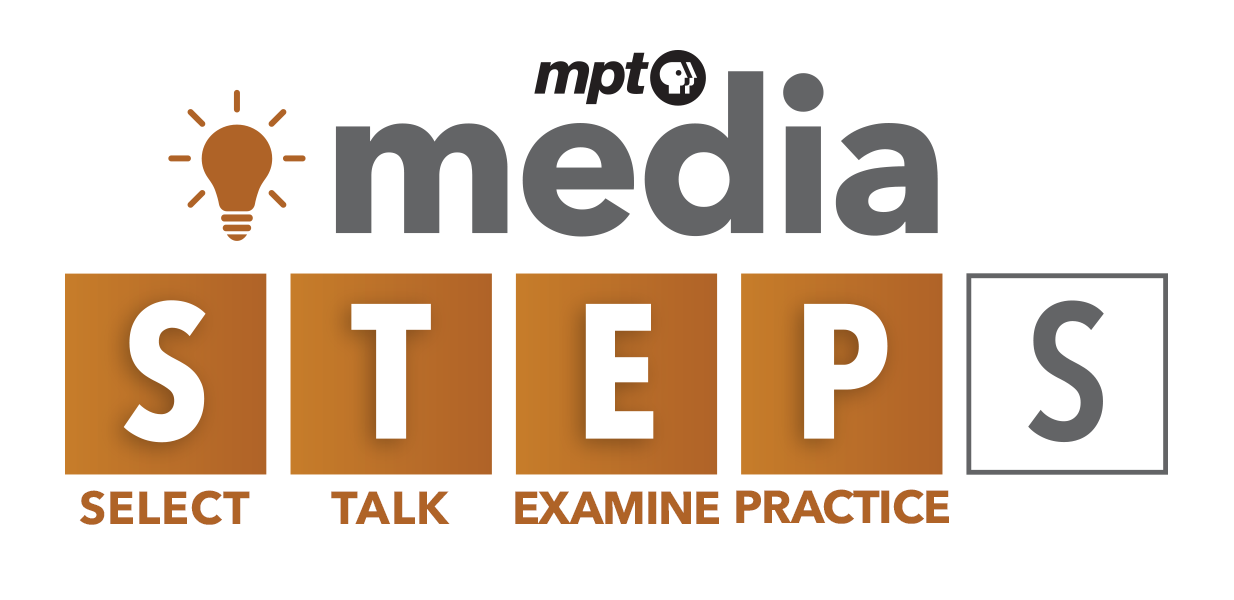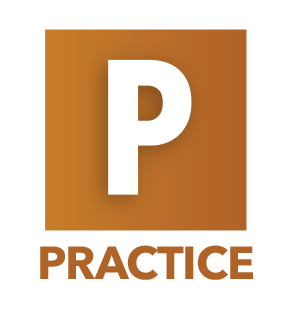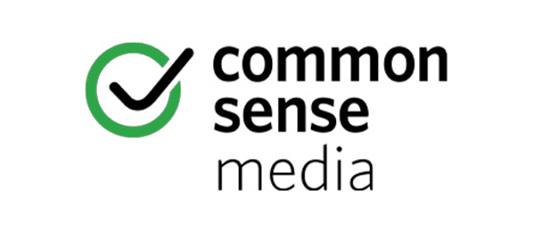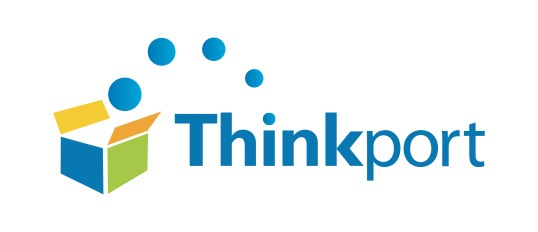Tips & Resources | Tweens & Teens

Media literacy is an essential skill for tweens & teens as they navigate digital media for entertainment, socializing, and learning.
MPT’s Media STEPs for tweens and teens provide a framework for using media to reinforce learning, build critical thinking skills, and make real-world connections.
Together, Media STEPs and the center’s carefully curated resources, and guidance from families and educators will prepare tweens and teens to be responsible and critical consumers and creators of media.

Select content from reputable sources using critical thinking skills to be well-informed. Tweens and teens are often influenced by media as they form opinions and make decisions.

Talk with tweens and teens about what they observe and share. Be sure to discuss how content impacts their feelings, beliefs, and actions.

Examine and evaluate the intention behind the media they are consuming and the content that they create.

Practice skills to demonstrate understanding. Real-world applications help students make meaningful connections to their own lives and communities, and establish healthy media habits.
Featured Resources
For Families

Common Sense Media
Common Sense Media shares information and resources to help parents and children select and navigate digital products and media, including apps, games, movies, and TV.
Audience: Searchable Database, Articles, Guides
For Educators

MPT | Thinkport
Thinkport offers PreK-12 educators, childcare providers, students, and their families a wealth of standards-aligned resources ranging from STEM and ELA to social studies and media literacy.
Audience: Families, Educators
Formats: Classroom Materials, Learning Resources, Online Courses
Resources
Explore curated resources to support tweens and teens in developing media literacy skills and healthy media habits.Understanding Media Literacy
Common Sense Media | What is media literacy, and why is it important?
Expand your understanding of media literacy and the urgency behind supporting children in developing media literacy skills. This article highlights specific ways that media literacy can help children. It offers questions that parents or caregivers can ask when teaching media literacy skills.
Audience: Families
Format: Article
ISTE | Podcast: The Rising Urgency of Teaching AI Literacy
Delve into the topic of artificial intelligence (AI) and its rapid growth and influence in education and our daily lives. This podcast features two experts in AI education, Susan Gonzales, founder of AIandYou, and Leo Lo, professor of libraries and learning sciences at the University of New Mexico. Learn about the advocacy to bring AI literacy to schools.
Audience: Families, Educators
Format: Podcast
Media Literacy Now | What’s in a name: Defining media literacy
Consider how one organization defines media literacy and related competencies and concepts. The definitions offered on this site may help to expand your understanding of media literacy and its relationship to "digital literacy," "information literacy," "news literacy," "digital wellness," social media literacy," and "AI literacy."
Audience: Families, Educators
Format: Blog
NAMLE | Core Principles of Media Literacy Education
Explore the meaning of media literacy by examining the Core Principles of Media Literacy Education developed by the National Association for Media Literacy Education (NAMLE). This framework for educators can provide helpful information for families about how media literacy might be taught in schools.
Audience: Families, Educators
Format: Framework (PDF)
Media Literacy Skills and Behaviors
American Academy of Pediatrics (AAP) | Center of Excellence (CoE) on Social Media and Youth Mental Health
Find a wealth of information about how social media impacts children and teens' growth, development, and mental health. Discover ways to foster healthy media habits with conversation starters for teens, access to expert advice through a Q&A portal, and featured resources, including guides, tools, and policy statements.
Audience: Families, Educators
Formats: Guides, Webinars, FAQs, Tools, Policy Statements
AT&T | Digital Literacy Training Program
Introduce tweens & teens to a selection of topic-based digital citizenship materials and self-paced online courses. Topics include digital habits, online relationships, digital drama, and cyber safety. These brief, 10-minute, video-based courses include activities and downloadable documents with tips and guidance for parents and teachers to support learning.
Audience: Tweens & Teens
Formats: Videos, Online Courses, Tips, Handouts, Lesson Plans
NAMLE | Key Questions to Ask When Analyzing Media Experiences
Gain a deeper understanding of media experiences by asking reflective questions about the author, purpose, message, perceptions, and credibility of a media experience. The term “media experience” means that you are considering both the message and the physical or digital environment in which you encountered the message.
Audience: Families, Tweens & Teens, Educators
Format: Handout (PDF)
PBS LearningMedia | Be MediaWise—Lessons to Teach Media Literacy
Students learn specific fact-checking skills to help them decipher fact from fiction in digital media. These student-facing lessons were developed by PBS NewsHour Student Reporting Labs in partnership with the Poynter Institute’s MediaWise and the Teen Fact-Checking Network initiatives.
Audience: Families, Students, Educators
Formats: Videos, Handouts
PTA Connected | Take Charge of Your Digital Life
Get support with parenting in the digital age. This site connects families with toolkits, workshops, and a wealth of resources to help their children develop healthy habits when engaging online.
Audience: Families
Formats: Toolkits, Articles, Programs
Media Creation and Engagement
Common Sense Media
Common Sense Media provides information and resources to help parents and children navigate digital products and media. It offers ratings, reviews, tips, and guidance on selecting age-appropriate movies, television shows, books, games, podcasts, and apps.
Audience: Families, Educators
Formats: Searchable Resources, Articles, Guides
Common Sense Media | New Strategies to Get Kids to Create Media, Not Just Consume It
Discover new ways to engage children with media through creative activities and digital tools. This article provides a variety of ideas and recommended tools for younger and older children to create media. Ratings and reviews of the tools are also available.
Audience: Families, Children, Educators
Format: Article
PBS LearningMedia | For Students
Direct tweens and teens to the PBS LearningMedia student site, which provides a searchable media resource library that includes resources for students and educators on a range of topics across all grade levels and subject areas. When students type “media literacy” in the search bar, they can filter by grade level and then receive a list of resources , including videos and media collections that they can further filter.
Audience: Tween & Teens, Young Children, Families, Educators
Formats: Searchable Resources, Videos
Social Media Test Drive | Take your children on a “Test Drive” for social media
Try out Social Media Test Drive's interactive modules. These modules are designed for tweens and teens to give them a simulated experience of social media interactions and best practices in real-life scenarios. Each module goes through a sequence where students learn key ideas, practice social media skills, explore the social media timeline, and then reflect on what they did.
Audience: Tweens & Teens, Families
Format: Simulations
Wide Angle Youth Media
Discover the programs, events, and resources offered by Wide Angle Youth Media, a non-profit organization that aims to elevate youth perspectives and teach Baltimore youth how to produce media through community-based projects. With filmmaking as a focus, students learn technical skills and how to create and use media responsibly.
Audience: Teens
Formats: Workshops, Youth Programs, Events, Film Screenings
Media Influences and Effects
Common Sense Media | How to Help Teens Manage the Effects of Social Media on Their Mental Health
Use this video and supporting information to understand the impact of social media on teens' mental health and how you can help them practice healthy online behaviors. The article includes four tips on how to talk to teens, ask questions, consider the unintended consequences of taking away the phone, and observe their offline behaviors.
Audience: Families
Formats: Article, Video
Boston Children’s Digital Wellness Lab | Exploring the Social Dynamics of Teen Gaming
Examine key takeaways from the Pulse Survey, Digital Gaming and Social Interaction that was completed by over 1,400 teenagers (ages 13-17). The study's goal was to understand the social aspects of digital gaming by looking at how and where teens game, the platforms they use, and whether their social interactions during gaming related to the social well-being of both boys and girls.
Audience: Families
Format: Article
Boston Children’s Digital Wellness Lab | Family Digital Wellness Guide
Discover how you and your family can use media in ways that have positive effects on your mental and physical health. Based on clinical evidence and scientific research, the guide discusses the benefits and risks of digital media use and provides strategies to support healthy habits from birth to young adulthood.
Audience: Families
Format: Digital Guides
GBH | Experts emphasize the importance of media literacy education to stop the spread of misinformation
Gain insights from a conversation between All Things Considered host Arun Rath, and Allison Butler, co-director of the nonprofit organization Mass Media Literacy and a senior lecturer at UMass Amherst. Arun and Allison explore the significance of media literacy in combatting the deluge of misinformation.
Audience: Families, Educators
Format: Podcast (audio and transcript)
